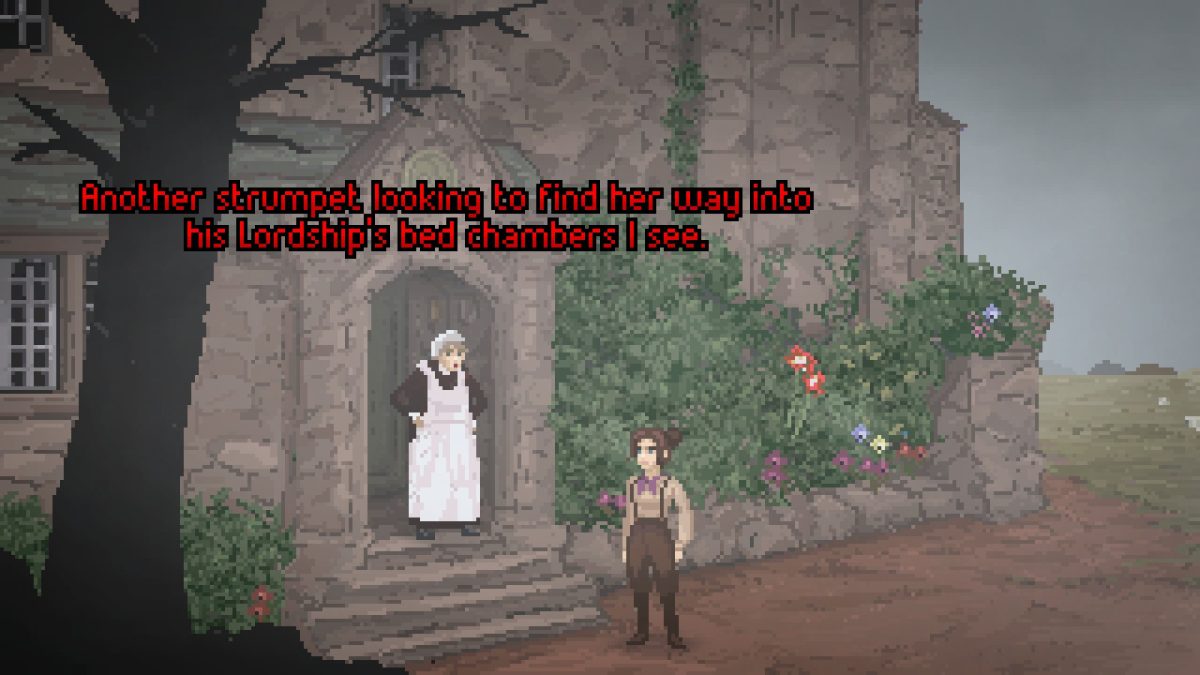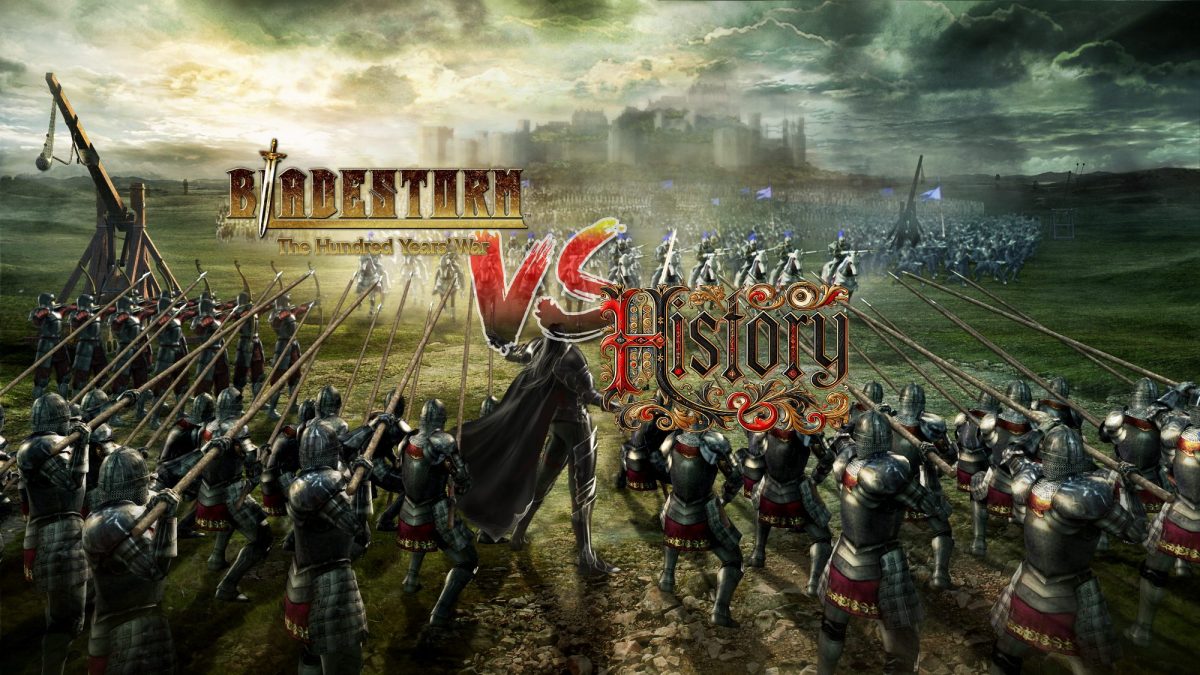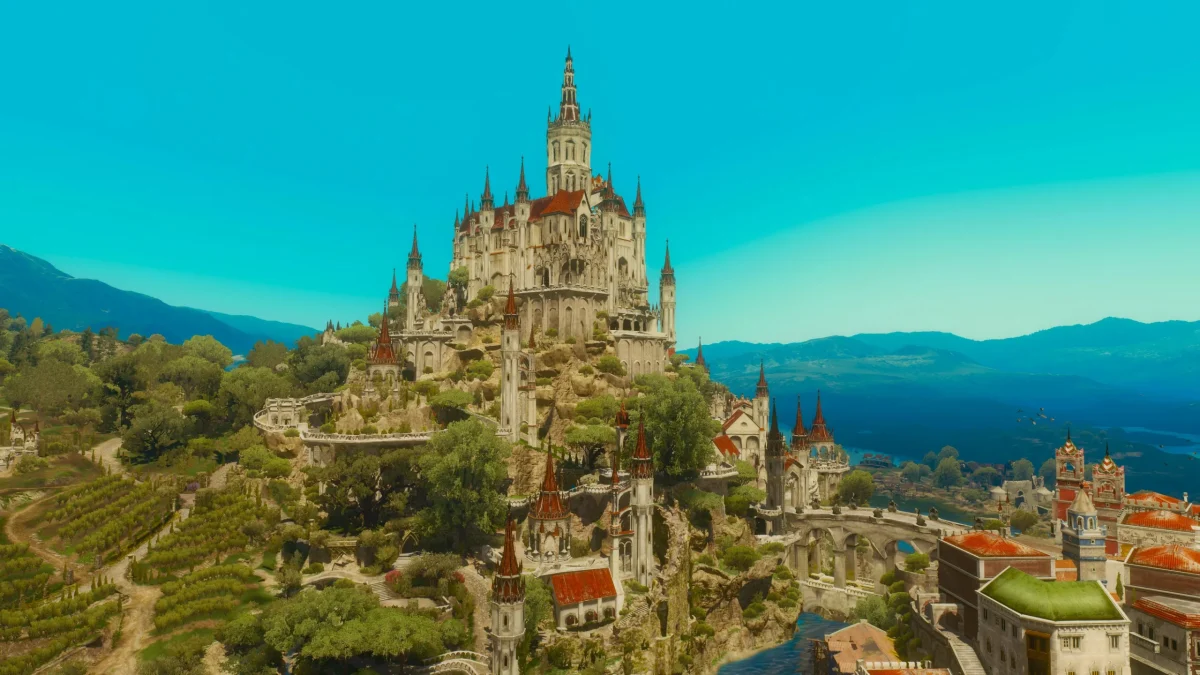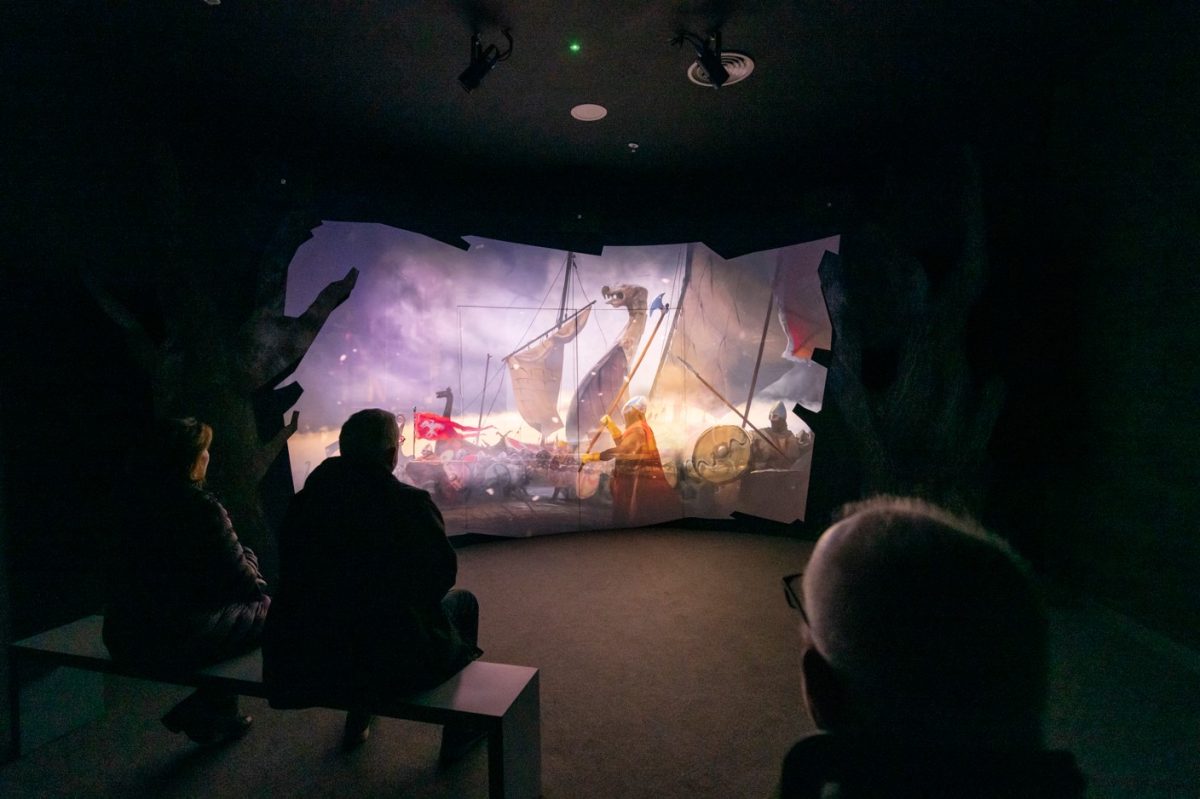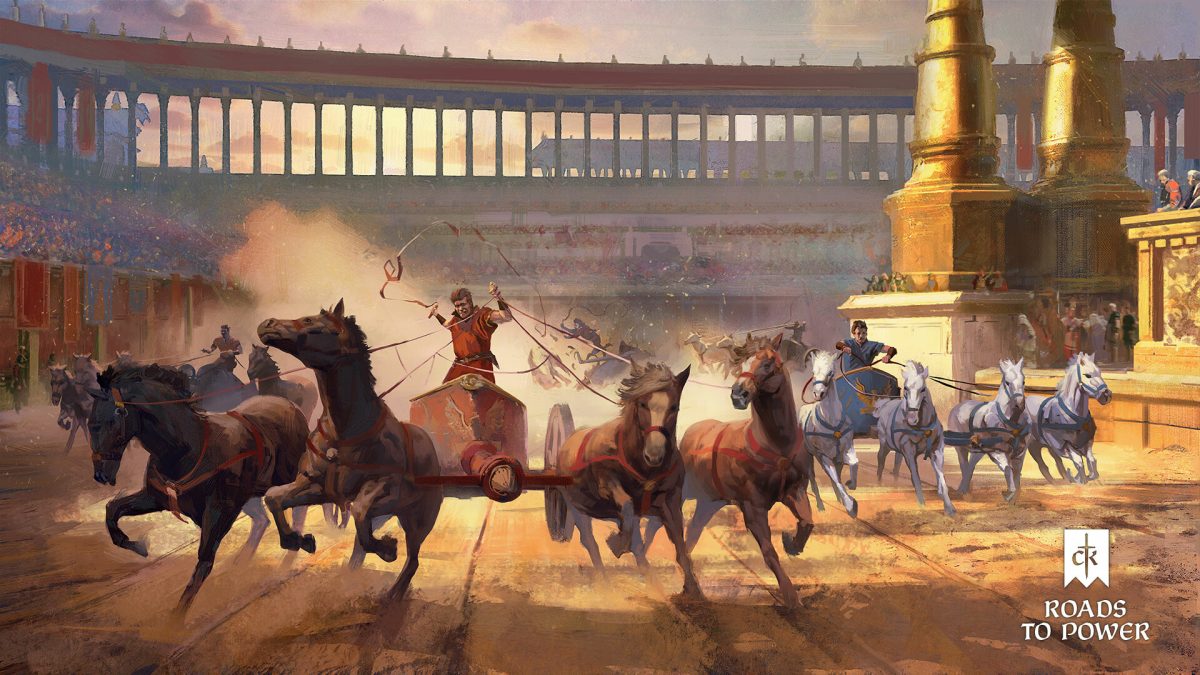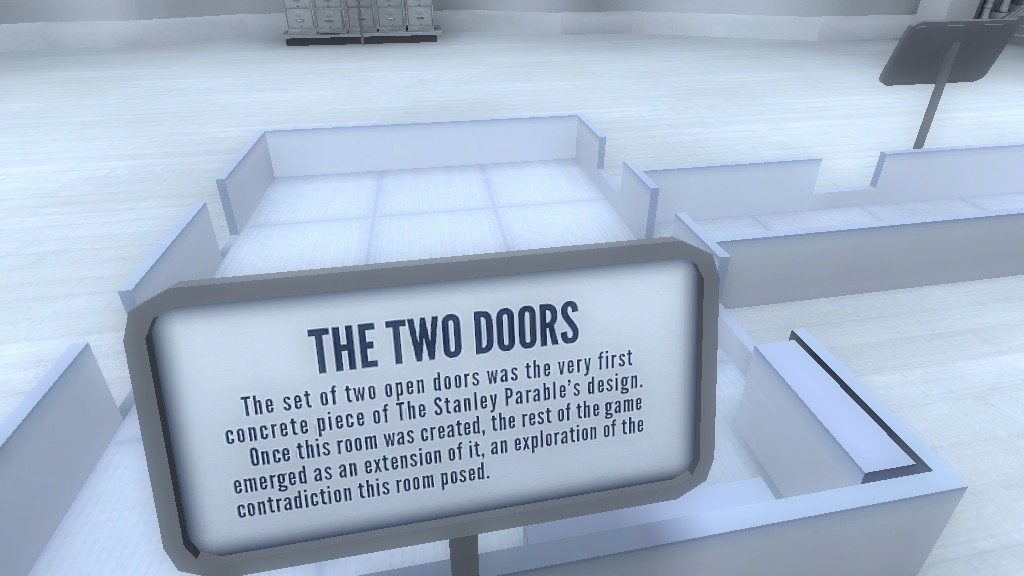Videogames offer us the possibility to create spaces to enjoy and engage with in ways that approach the past visually and interactively. We can play with history, and we can play to do history. But playing and history are also gendered. Playing with history and gender can open possibilities for events that happened in a moment in human history […]

